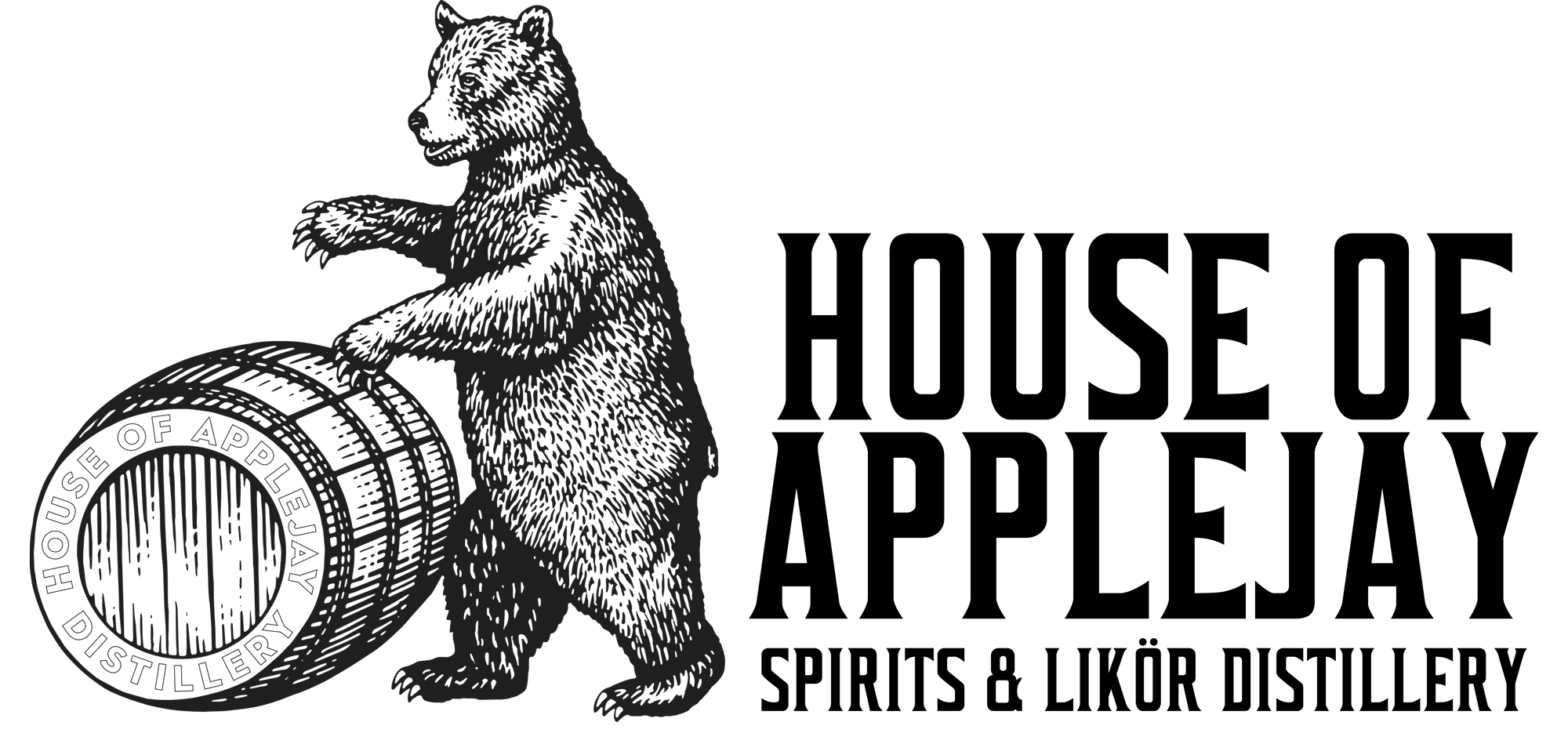Achard’s impact on Slavery and Likör
Revolutionizing the Sweetness of the World
Franz Karl Achard (1753-1821), a German natural scientist, is renowned for revolutionizing the sugar industry through his groundbreaking work in producing sugar from beetroot.
Achard’s innovations not only revolutionized sugar production but also had a profound impact on the beverage industry. His methods made sugar more affordable, enabling a broader population to enjoy sweetened beverages that were once a luxury for the wealthy. This democratization of sugar sparked new markets and opportunities in the beverage industry, shaping its evolution. Although he passed away in poverty in 1821, Achard’s contributions continue to sweeten the world’s palate, highlighting his enduring influence.
Achard’s Beet Studies
Achard’s journey into the realm of sugar production began under the mentorship of Andreas Sigismund Marggraf, who, in 1747, first extracted sugar from beetroot using alcohol. Inspired by Marggraf’s work, Achard focued on a mission to enhance domestic tobacco cultivation in Prussia, a task assigned to him by Frederick the Great in 1780. His successes in this endeavor led to a lifelong pension from the king, recognizing his contributions to agricultural improvement.
The turning point in Achard’s career came in 1799 when he presented a revolutionary idea to King Frederick William III of Prussia: the industrial production of sugar from beets. Acknowledging the transformative potential of this innovation, the king provided Achard with a substantial loan to establish the world’s first functional beet sugar factory in Cunern, Prussia, in 1801.
Achard & Slavery
Achard’s sugar factory was not merely a technological achievement; it represented a paradigm shift in the sugar industry. At a time when millions of Africans were enslaved on sugar cane plantations, Achard’s invention offered a sustainable and ethical alternative that did not rely on slave labor. This posed a significant threat to the British sugar monopoly, leading to offers of large sums of money to dissuade Achard from pursuing his work, and to state that he had to come to the conclusion that beet sugar could not take over the place of cane sugar. However, his principles and values guided him to decline these offers, as he remained steadfast in his commitment to using his discovery for the betterment of humanity.
In a publication in 1809, Achard articulated his belief that beet sugar production could alleviate the suffering of enslaved Africans and contribute to national wealth and independence. His dedication to this cause was unwavering, even in the face of financial struggles and personal hardship. He wrote “A review of the given description of the hard, terrible fate of the Negro slaves, combined with the prospect of remedying such by the manufacture of beet sugar, raises the production of sugar from beet to the concern of mankind,” and he continued that he believed beet sugar was “to increase national wealth, to expand mercantile as well as political independence, to save on grain by making brandy and vinegar…“.
The Sugar Legacy
Despite the setback of his sugar factory in Cunern, Prussia, tragically burning down on March 21, 1807, Franz Karl Achard’s pioneering work in beet sugar production continued to influence the industry, shaping its future development. Achard’s legacy extends beyond sugar production to the democratization of liqueurs, once a luxury reserved for the wealthy. Although he died in poverty in 1821, his contributions to the sugar industry and beyond continue to impact the world, highlighting the importance of innovation for the greater good. Achard’s legacy serves as a reminder of the enduring power of innovation and ethical action.

